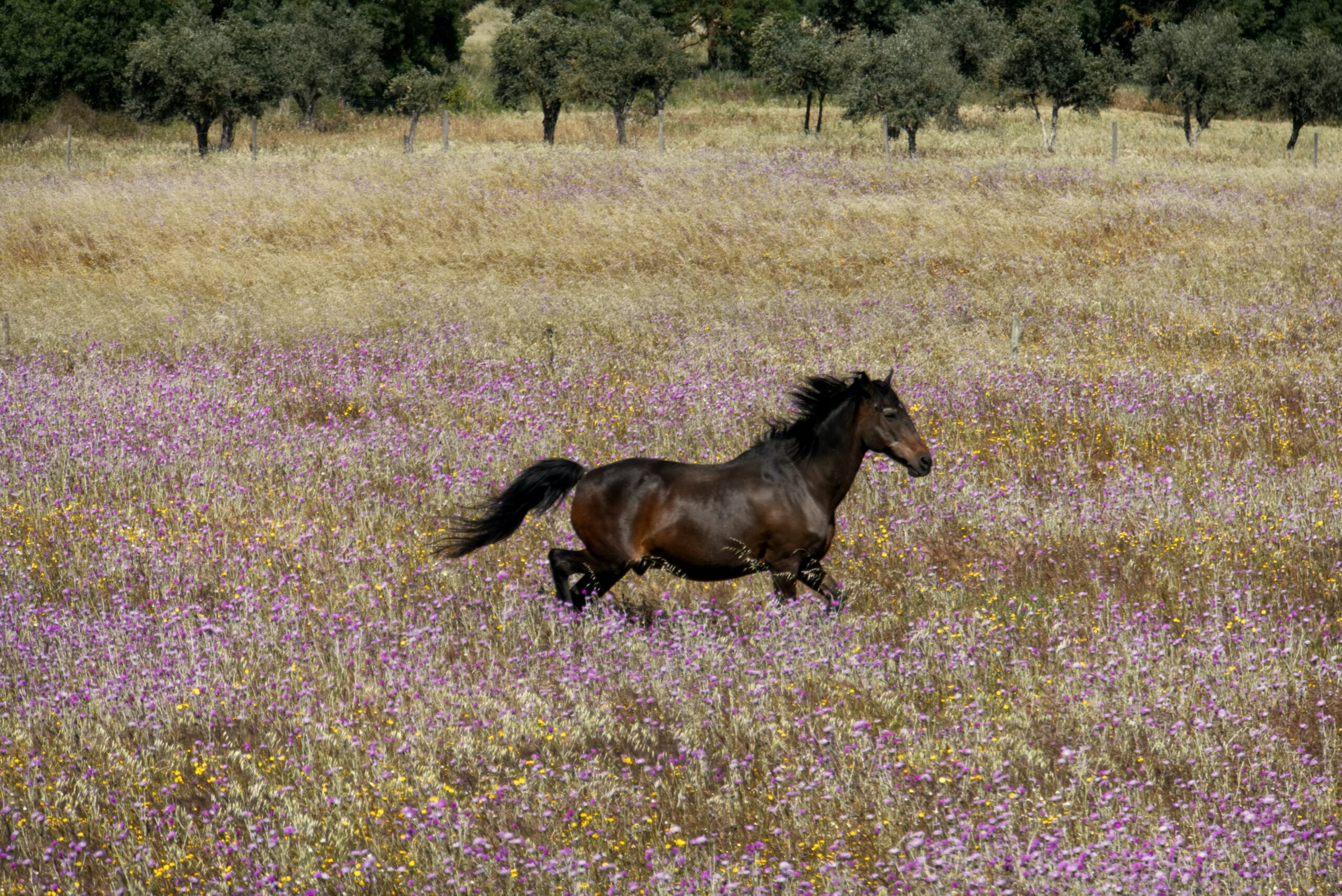
- 29/05/2020
- General Information, Other cities and regions, Portugal
Alentejo
This article dealing with the mostly rural Alentejo region may be of interest to real estate entrepreneurs and investors in Portugal who are interested in purchasing properties connected to the land and nature such as wineries, vineyards, olive groves, cork production and more or properties intended for rural hospitality.
Alentejo is a beautiful region in Portugal that lies southeast of d7%9c%d7%99%d7%a1%d7%91%d7%95%d7%9f/” target=”_blank” rel=”noopener noreferrer”>Lisbon and extends from the long Spanish border in the east to the ocean shores The Atlantic in the west. The area is very large and covers about 30% of the entire country. Despite its size, it is sparsely populated and in this vast area live about 7% of Portugal’s residents.
The land of wine, olives and cork, this is one of the most fascinating and diverse regions of Portugal. The granite mountains in the east, and the Atlantic coast in the west. Among them is nature in its glory with wonderful forests of cork oaks, gentle hills, valleys, open spaces and meadows. The long coastline consists of impressive cliffs on which the waves crash, sandy beaches and also pristine, small and isolated beaches. The Nature Reserves Authority helps preserve the natural landscape.
Agriculture is the main economic sector in Alentejo. As mentioned, the area is mostly rural, dams regulate the flow of water, the land is fertile and has agricultural farms. Most of the residents rely on agriculture mainly on grape vineyards, olive groves, cattle and sheep.
Centuries of conflict and the constant threat of invasion from Spain forced the inhabitants of Alentejo to defend themselves and fortify themselves within their place of residence. Therefore, as part of the cultural landscape of the region, fortified settlements are scattered, especially in the east near the border with Spain.
In spring, the fields are green and the blossoms are multi-colored. This is also the season for peeling the cork from the cork oaks. The Alentejo region is the world leader in the cork industry and produces wine corks, shoes, purses, bags, belts, hats and more.
The wine industry is booming in Alentejo. The hundreds of wineries in the area produce a wide variety of wonderful types of wine that make up a significant part of the country’s wine production. Alentejo is a well-known and respected wine region and is best known for its red wines, the best of which are sold under the title DOC Alentejo.
The area is also rich in mineral resources, among others, marble, granite and zinc. The marble industry is significant in Portugal’s exports.
Local and traditional arts that have been preserved for centuries are part of the Alentejo culture. The locals toil on embroidered wool carpets, traditional ceramics and delicate lace. Also, traditional singing choirs are part of the folklore of the region.
The Alentejo region is also known as the “bread basket” because bread is a significant component of the local menu. In addition, the fine food is characterized by meat, sausages of various kinds, seafood, fish, goat and sheep cheeses, olive oil and desserts consisting of yolk, sugar and cinnamon.
Évora is the regional capital of Alentejo and is 140 km from Lisbon and the journey takes about an hour and a half. A historic and very interesting university city, similar to other ancient cities such as Porto, Lisbon or Coimbra . Avora has historical sites from different periods and architectural wealth. Avora is a member of the Ancient Cities of Europe organization and the city center has been declared a world heritage site.
Visiting tourists enjoy peaceful walks in the atmosphere of the place. In addition to the natural landscape, they discover traditional cultures, ancient towns and cities, quiet medieval villages, fishing villages, amazing bathing and surfing beaches, vineyards, olive groves, wheat fields, herds of cows and sheep, monasteries. Also, castles and fortresses that are evidence of wars that happened in the past.
Tourists coming to Alentejo have a range of accommodation such as: hotels of different levels, boutique hotels, palaces, castles, monasteries, farms and hostels.
There is public transport from Lisbon to the major cities. If the goal is to travel the entire region, especially the countryside, to get the most out of Alentejo, a rental car is necessary.
